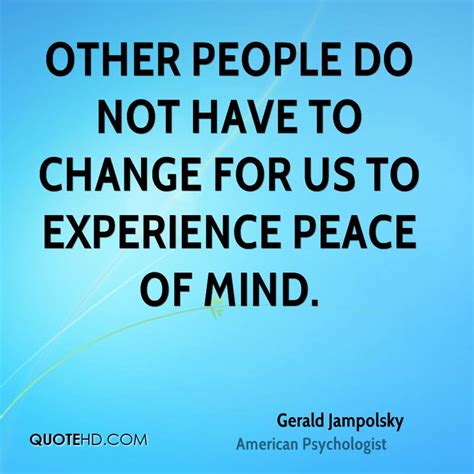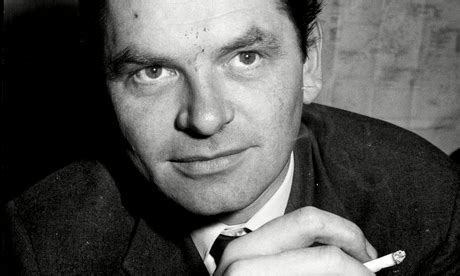A Quote by William James
Related Quotes
The birth of excellence begins with our awareness that our beliefs are a choice. We usually don't think of it that way, but belief can be a conscious choice. You can choose beliefs that limit you, or you can choose beliefs that support you. The trick is to choose the beliefs that are conducive to success and the results you want and to discard the ones that hold you back.
More and more people are beginning to feel that there must be another way of thinking, perceiving, and acting. And perhaps the beginning of another way of looking at the world is to re-evaluate all of our beliefs. It is, after all, our beliefs that determine what we are, experience, and expect. When we are willing to take a new look at our own beliefs, we then have an opportunity to begin rediscovering who and what we are and to redetermine our true purpose on Earth.
Our negative thoughts are valuable messages to us about our deeper fears and negative attitudes. These usually are so basic to our thinking and feeling that we don't realize they are beliefs at all. We assume that they are simply "the way life is." We may be consciously affirming and visualizing prosperity, but if our unconscious belief is that we don't deserve it, then we won't create it. Once we become aware of our core negative beliefs, they begin to heal.
Our beliefs about ourselves in relation to the world around us are the roots of our values, and our values determine not only our immediate actions, but also, over the course of time, the form of our society. Our beliefs are increasingly determined by science. Hence it is at least conceivable that what science has been telling us for three hundred years about man and his place in nature could be playing by now an important role in our lives.
Just the fact that we can't pass budgets in our Congress, just the fact that we are gridlocked in our own democracy, the fact that everybody who travels can see that we're not investing in our airports, in our rail, in our infrastructure and so forth, people are noticing a United States that is not getting the job done in some ways.
Through our perceptual systems, we represent our surroundings, aiming to do so accurately, where the aiming is functional or teleological, rather than intentional. And the same goes for our functional beliefs. Through our judgments, however, we do intentionally, even consciously, attempt to get it right.
The most important fact about our shopping malls, as distinct from the ordinary shopping centers where we go for our groceries, is that we do not need most of what they sell, not even for our pleasure or entertainment, not really even for a sensation of luxury. Little in them is essential to our survival, our work, or our play, and the same is true of the boutiques that multiply on our streets.










































